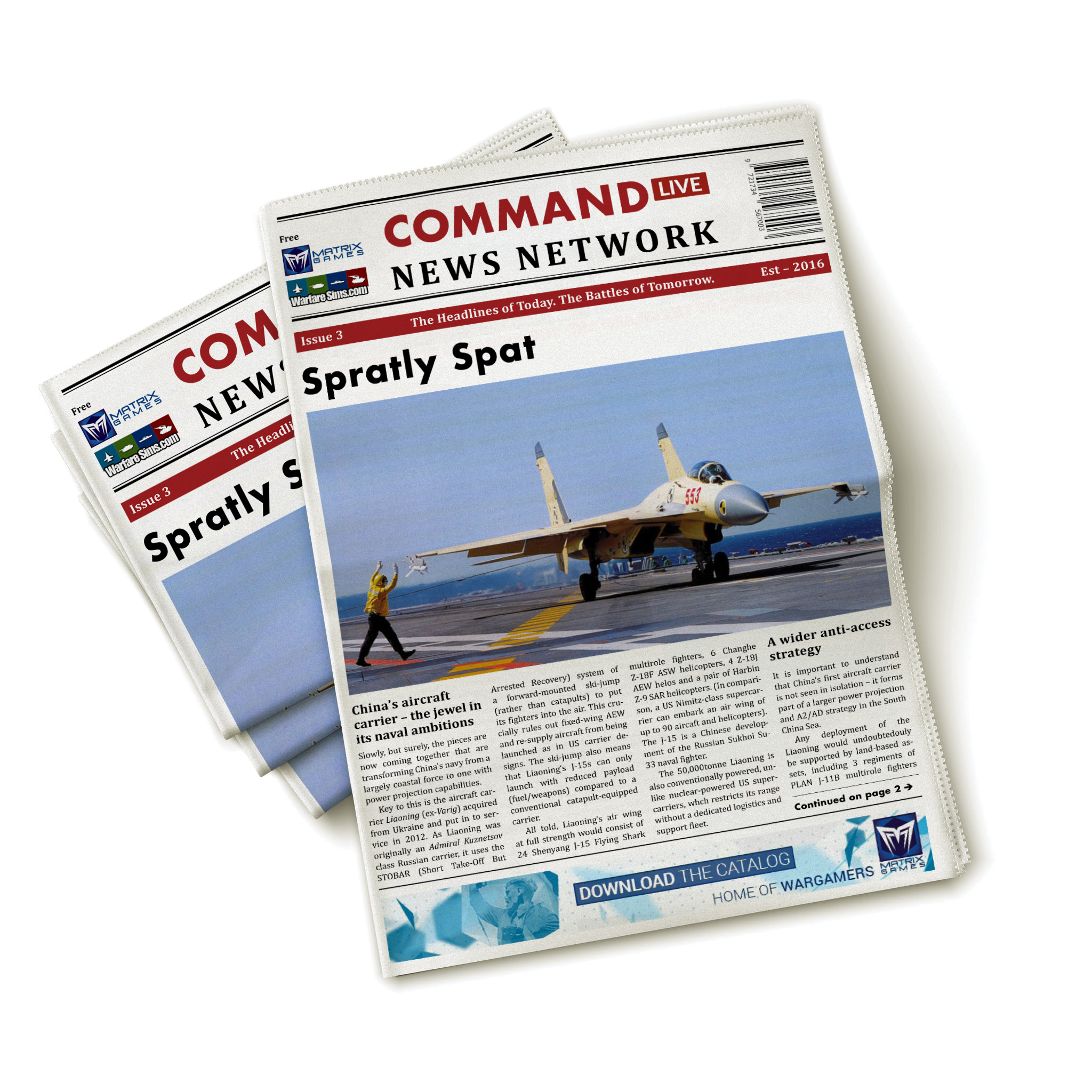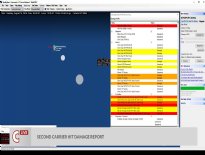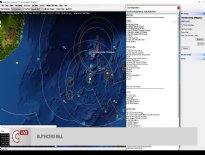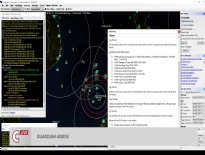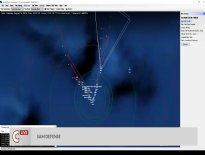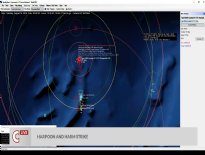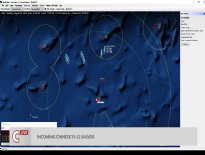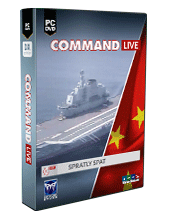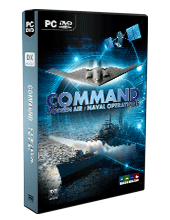
Command Live: Spratly Spat is an expansion of Command: Modern Air / Naval Operations and requires the base game to be played
EPISODE 3: SPRATLY SPAT
The People’s Republic of China’s primary foreign policy concerns are energy security and trade. Its industrial might and economic strength continues to multiply requiring significant resources from around the world. The sea lines of communication (SLOC) between China and the Middle East and Africa are the most vital and China has invested heavily in expanding and modernizing its Navy to protect this route denying potential adversaries the ability to influence Chinese policy by cutting these vital lines and rolling back adversaries away from the Chinese mainland.
Recently China has been pursuing a more aggressive policy by challenging its neighbors over the various islands and atolls in the South China Sea. It has shown particular interest in the Spratly Islands and Atolls which while sparse offer a very strategic position to controlling the greater South China Sea. It started its invasion with significant naval patrols and has grown into massive land reclamation projects transforming many deserted atolls into useful island air bases and ports allowing the PRC to dominate the region and have the potential to project power further south.
China’s neighbors have hardly been sitting idle while this take over has slowly occurred. Vietnam, Taiwan, the Philippines, Malaysia and Brunei all have claims within the Spratly’s and have challenged China on the waters and in international court a number of times. Vietnam lost a vicious naval skirmish in 1988 over South Johnson Reef and the Philippines recently won its challenge to PRC territorial claims although the results were ignored. China believes a post World War 2 map depicting a nine dash line defines its maritime territory almost as far as Indonesia. It now has the military capacity to defend this claim as independently no regional power can challenge them. They are winning the dispute by virtue of being the largest local military power and willing to use it to bully the small nations out of the region.
The United States has been supportive of its regional allies in this dispute but restrained due to massive military commitments in the Middle East, election year politics and relative uncertainly with its China strategy. It has sent numerous warships including a carrier group on freedom of navigation exercise through the region that while are temporary shows of strength are not sustained which cedes the field to the next greatest power, China. It is an issue that will continue until the United States is able to fully pivot its resources from the Middle East to Asia and one that the regional powers may have to deal with largely on their own.
This scenario is an exploration of what could happen if the regional powers unite and with limited assistance of the US challenge the Chinese Navy.
Could a force similar to NATO’s STANAVFORLANT be a good enough deterrent to give the Dragon pause?



 Cart (0)
Cart (0)